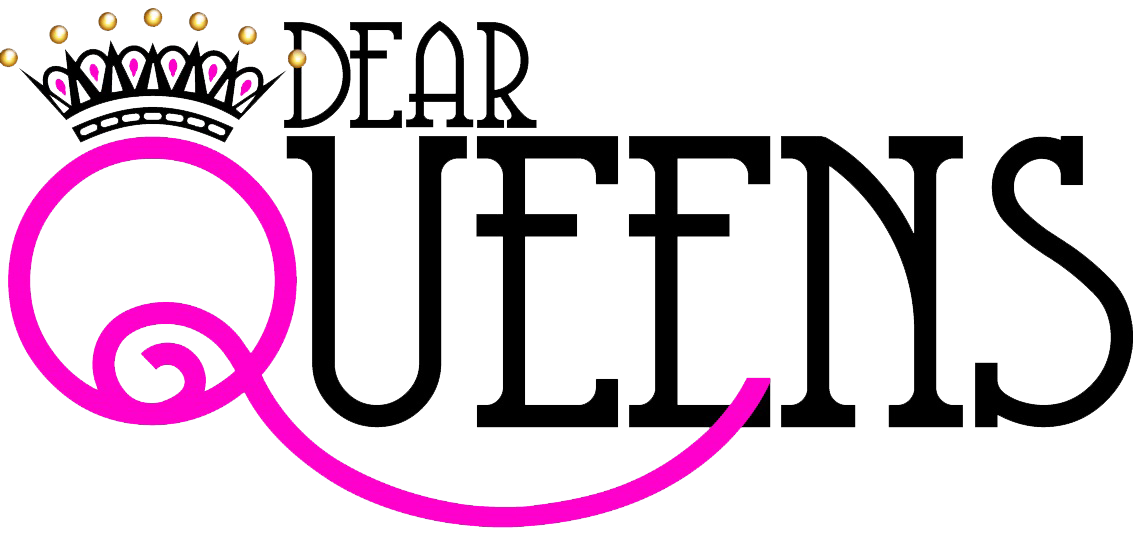How Losing My Best Friend Taught Me About Authenticity
(Originally published on xoNecole)
I’ve never been a stranger to cutting people off. It was how I protected myself from the ills of this world — from people who wanted nothing but to suck me dry. I had never experienced being cut off myself, though, so you can only imagine how painful it was when my best friend decided to do some cutting.
We had been friends for over 15 years. We experienced life through middle school, high school, college, and graduate school. I was there for her teen pregnancy and rode shotgun when she wanted to key her ex-boyfriend’s car. My mother was dang near her mother, and her grandparents mine. We were incredibly close, so I understood why she was upset when I opted not to attend her out-of-town birthday trip. I just didn’t expect our 15-year friendship to be dismissed because of it.
She had been going back and forth for a while about what she wanted to do. Her birthday was in March, which meant on the East Coast, it was still too cold to go on a boat ride in Maryland like she wanted to do. I was with her at first – after all, it was her birthday – but as we got closer, and plans kept changing, I became unsettled.
Do I really want to pay this money to go with you on a boat in the middle of March? Nope. Not really.
I didn’t say that, obviously, but I’m sure she felt it by the way I was offering better suggestions. After tons of back and forth and indecision – mainly prompted by my desire to encourage her to plan something different – I backed out. I ensured her that I would do my own thing for her when she returned. I had already begun planning!
My. Own. Thing.
It wasn’t my birthday, though. And as helpful as I thought I was being, it wasn’t until a year later that I realized how insensitive I truly was.
For a long time, I deflected – thinking that the loss of our friendship was solely about her attitude toward me missing her birthday. But it was about more than that. Throughout our entire friendship—particularly after I had gone off to college—I’d been wanting her to be better, to push harder, to do more. I wanted her to create a life for herself that was unlike anything she ever imagined. I wanted her to soar with me.
I was trying to make her live up to a standard that I set for her, not one she set for herself.
For years, she conformed. She suppressed some of the most authentic parts of herself to accommodate my desire to make her more like me. She would do her best to meet me where I was growing, even if it made her uncomfortable. Our friendship was built on longevity, reciprocity, genuine support, and love, but the support I offered seemed to be more focused on pushing her into being a woman she didn’t even want to become.
When and how did I become the standard for womanhood?
I wish she would have slapped me and asked me that back then. My good-intentions missed the mark completely because I was focused on making my best friend meet a standard that she never set for herself.
So often we say we want our friends and family to become better, when what we really mean is that we want them to become like us. We want them to be ambitious like us. We want them to be poised like us. We want them to make decisions like us. And while this may all be with love, in doing so, we force our friends into a mold that they may not even want to be part of.
The true essence of friendship is being able to love people right where they are.
It took me a long time to learn that my role as a friend isn’t to change people, it’s to bring light, and love, and joy to their lives. It’s to support and care for them. Much of that means doing so as the person they are. Letting people be who they want to be. Letting them make their own decisions, forge their own paths, and become their own women. Because true friendship isn’t about conforming or forcing a like-mind, it’s about embracing the mind (and person) that’s already before you. And if you don’t like that person, then you don’t have to be friends.
I hadn’t realized any of this until after our friendship was over. It’s been about 4 years now, and I see her having fun and doing her thing with her new friends (social media tells all). I used to get mad—thinking about how they have her portraying herself online like a “wild child”, like she’s not raising a young impressionable daughter. Then my thinking changed, because I noticed that she is finally doing something I rarely allowed her to do publicly: be herself. She is letting her hair down and becoming who she always wanted to be; I love that for her. Because as much as I wanted us to grow together, it is most important that she grew into her freest, most authentic self. And I am happy that her new friends are allowing her to do just that.

